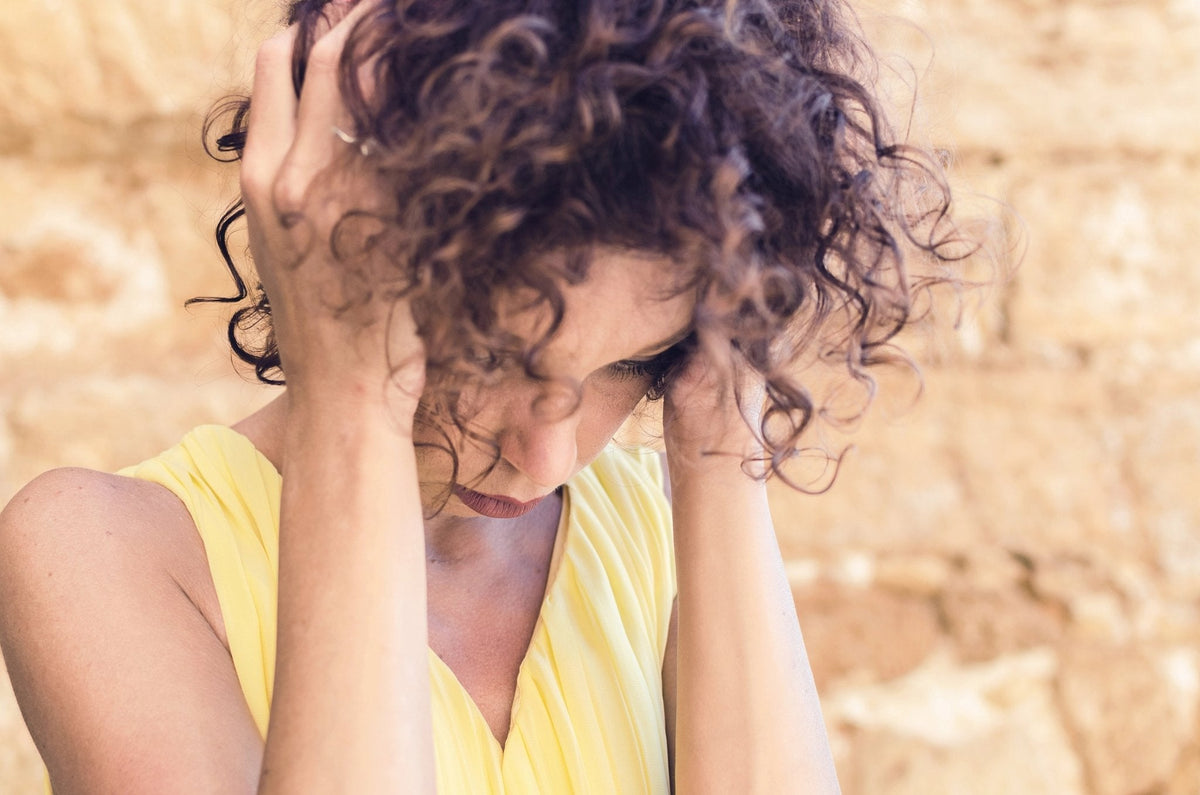Hair thinning is a common concern that many women face as they age. It can affect self-esteem, confidence, and even the way women perceive themselves. This blog explores the reasons behind hair thinning in aging women and offers practical solutions to manage and potentially improve this condition.
Why Does Hair Thin as We Age?
1. Hormonal Changes
As women age, significant hormonal changes occur, especially during menopause. Estrogen and progesterone levels drop, which can lead to a decrease in hair growth and an increase in hair shedding. Hormones play a crucial role in regulating hair growth cycle, and changes in their levels can lead to thinner, less robust hair. Did you know: high blood sugar and insulin resistance are linked to hair thinning through their influence on hormones like DHT.
2. Nutritional Deficiencies
Aging can also impact dietary habits and nutrient absorption. Deficiencies in key nutrients like iron, vitamin D, and proteins can adversely affect hair health. These nutrients are vital for maintaining the growth and strength of hair. As digestion and nutrient absorption can become less efficient with age, hair follicles may not receive the nourishment they need, leading to hair thinning. Very often as part of an annual check up with your physician they will look at vitamin D and iron levels, as those can go down as we age. These also impact our energy levels.
3. Genetic Predisposition
Genetics also plays a significant role in hair thinning. If your family has a history of hair thinning or balding, you might be more predisposed to experiencing similar issues. This genetic trait can influence the sensitivity of hair follicles to hormonal changes, particularly to dihydrotestosterone (DHT), a derivative of testosterone, which can shrink hair follicles and shorten the hair growth cycle.
4. Stress and Lifestyle Factors
Chronic stress can wreak havoc on the body, including the hair growth cycle. High stress levels can lead to a condition called telogen effluvium, where hair shifts faster than normal from the growing phase into the resting phase before falling out. Additionally, lifestyle factors such as smoking and lack of sleep can also contribute to hair thinning.
5. Medical Conditions and Treatments
Certain medical conditions, such as thyroid disorders, autoimmune diseases, and scalp infections, can lead to hair thinning. Furthermore, treatments such as chemotherapy can also cause temporary or permanent hair loss.
What Can We Do About Hair Thinning?
1. Exercise!
The impact of exercise and circulation on hair health: Regular physical activity is beneficial not only for overall health but also for hair growth. Exercise improves blood circulation, increasing the flow of oxygen and nutrients to the scalp and hair follicles. This enhanced nourishment can help to promote stronger and healthier hair growth.
Hormone regulation through exercise: Exercise helps to balance hormone levels, including reducing stress hormones like cortisol, which can negatively impact hair health. By lowering stress levels, exercise can mitigate the effects of stress on the hair growth cycle.
Blood sugar and hair health: Exercise also plays a crucial role in managing blood sugar levels, which is important because high blood sugar and insulin resistance are linked to hair thinning through their influence on hormones like DHT.
2. Proper Nutrition!
Sometimes easier said than done, but ensuring a balanced diet rich in vital nutrients can help mitigate hair thinning. Focus on including iron-rich foods like spinach and red meat, omega-3 fatty acids found in fish and flaxseeds, and a good range of vitamins and minerals from a diverse diet. Search up some recipes on the internet- you would be surprised how easy and delicious healthy eating has become! Supplements can also be considered, and it is always important to consult with a healthcare provider.
3. Hair Care Practices
Adopt gentle hair care practices to avoid further damage to thinning hair. Avoid harsh chemicals, reduce the use of heat styling tools or styling with metal tools and opt for mild shampoos and conditioners. Also consider shampoos and conditioners designed for thinning hair or to increase volume. Practice regular scalp massages while showering to improve blood circulation and support hair growth.
4. Stress Management
Implementing effective stress management techniques such as yoga, meditation, and regular exercise can improve overall health and potentially reduce hair thinning. Even making sure to get some good belly laughs in every week has been shown to improve your health! Go dancing, ride a bike, be silly, laugh with your friends! Managing stress not only helps in maintaining healthy hair but also benefits your entire well-being.
5. Hormonal Management
For women undergoing menopausal changes, hormone replacement therapy (HRT) might be an option to manage hair thinning. HRT can help in balancing estrogen and progesterone levels, potentially improving hair health. However, it's crucial to discuss the benefits and risks with a healthcare professional.
6. Consulting with Specialists
What if it's something more? If you remain concerned, it is always beneficial to consult with a dermatologist or a trichologist for personalized advice and treatment options for thinning hair. These specialists can provide insights into specific medical treatments, topical treatments like minoxidil, or even surgical options like hair transplants for more severe cases. No matter how severe your thinning hair or hair loss is, you are not alone.
Conclusion
While hair thinning as we age can be distressing, understanding the underlying causes and exploring effective solutions can help manage this condition. With exercise, proper care, dietary changes, and medical advice, it's possible to maintain healthier, fuller hair as we move through different stages of life. Remember, each individual's situation is unique, so personalized approaches are essential for optimal results.
